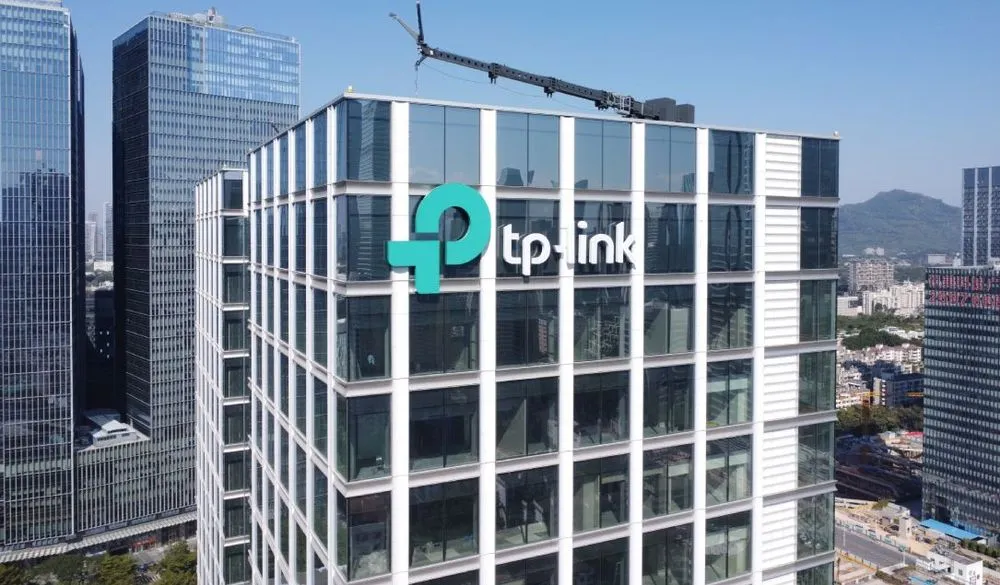Ban sales of gear from China’s TP-Link, Republican lawmakers tell Trump administration
Sales of networking products from Chinese manufacturer TP-Link should be prohibited in the U.S., more than a dozen congressional Republicans said in a letter to the Trump administration, echoing previous claims that the company presents a national security risk and engages in predatory pricing.
Senate Intelligence Committee Chairman Tom Cotton and 16 other GOP lawmakers wrote this week to Commerce Secretary Howard Lutnick, saying his department should block future sales of TP-Link’s popular small office/home office (SOHO) internet routers.
“TP-Link’s deep ties to the Chinese Communist Party (CCP), use of predatory pricing to eliminate trusted U.S. alternatives, and role in embedding foreign surveillance and destructive capabilities into our networks render it a clear and present danger,” the senators wrote.
SOHO routers from various manufacturers have been vulnerable to botnets used for cybercrime and nation-state cyberthreats. In 2024 the FBI touted takedowns of at least two botnets attributed to Chinese state-backed hackers. Lawmakers asked the Commerce Department last year to investigate security risks presented by TP-Link routers.
In an emailed statement, TP-Link said the latest letter was “unfortunately based on unfounded press rumors.” The company said it is not state-sponsored and has no ties to the ruling Chinese Communist Party, adding that “TP-Link has been the victim of a smear campaign, driven by the goal of removing a competitor from the marketplace.”
TP-Link said it has received no inquiries from U.S. antitrust investigators, and it maintains that the Commerce Department “does not have legal authority to immediately prohibit sales of TP-Link products.” The company has a U.S. office in Irvine, California, but is based in Shenzen, China.
In requesting the ban on TP-Link router sales, the lawmakers cited Executive Order 13873, signed by President Donald Trump in his first term, which allows the Commerce Department to prohibit foreign-made products deemed to present threats to national security.
In a detailed blog post in March, TP-Link disputed testimony in a House panel about the company’s links to the CCP and its American market share. TP-Link said the Volt Typhoon, Salt Typhoon, and Flax Typhoon hacking campaigns attributed to China “have no discernible preference for using TP-Link routers as a vector.”
In late April the company praised the House passage of the ROUTERS Act, legislation that would direct the Commerce Department to study “the national security risks posed by consumer routers and modems.”
Joe Warminsky
is the news editor for Recorded Future News. He has three decades of experience as an editor and writer in the Washington, D.C., area. He previously he helped lead CyberScoop for more than five years. Prior to that, he was a digital editor at WAMU 88.5, the NPR affiliate in Washington, and he spent more than a decade editing coverage of Congress for CQ Roll Call.



